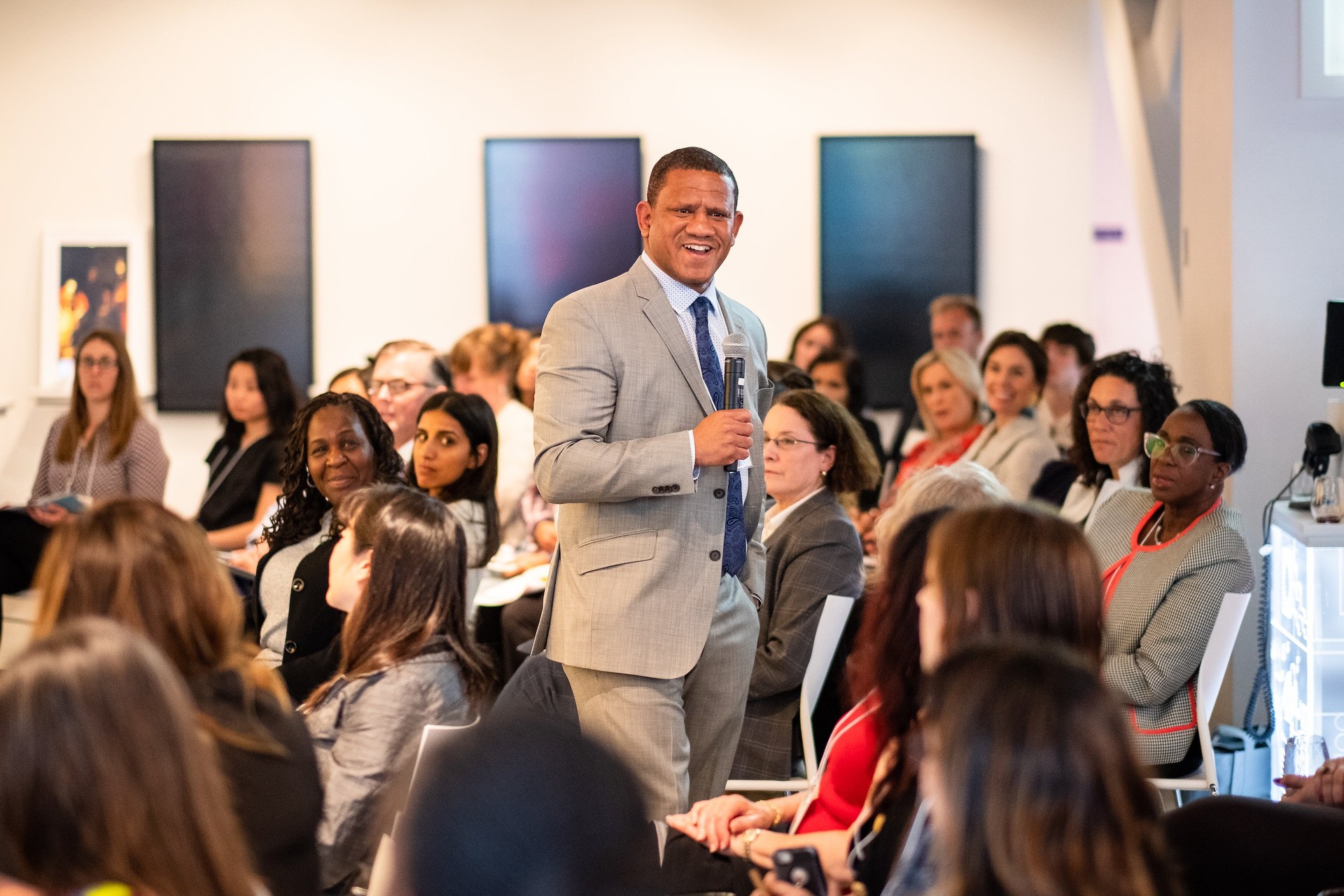Partner Spotlight
Northwestern Professor Alvin Tillery on His DEI Short Course and How University Leaders Can Be a Catalyst for Change
Written by Molly Forman on Jul 30, 2020
Related content: University, Diversity And Inclusion

Today, issues of race, racism, and equity are at the forefront of our nation’s public discourse and on the top of the agenda for corporate America, civil society organizations—and universities. The Black Lives Matter movement is leading all companies and organizations to grapple with their own shortcomings in addressing racism and building truly diverse, equitable, and inclusive organizations. The imperative to make a real and sustained impact is clear, but charting the right path forward can be daunting. That’s where a new short course from Northwestern University, "Leading Diversity, Equity, and Inclusion," offered in partnership with GetSmarter, a brand of 2U, Inc., becomes so important.
Conceptualized and taught by Alvin Tillery, founding director of Northwestern’s Center for the Study of Diversity and Democracy and associate professor of political science, this six-week short course is focused on providing intensive training on how organizational leaders can implement an actionable framework for diversity, equity, and inclusion (DEI) initiatives within their organizations. The course was originally designed with cases from the 1960s in mind.
“There is no challenge faced by leaders today as difficult to overturn as those encountered by leaders in the middle of the 20th century when statues were built to send a signal that the country was not going to change,” said Tillery. “The course material and the cases are tilted to focus backward on what I call narratives of wins from the 60s.”
But just as the curriculum was going through its final design phases, the Black Lives Matter movement exploded. Tillery, realizing the energy of the movement was something that needed to be captured and reflected in the curriculum, turned to GetSmarter’s course design team for support. Now, the course will use case examples from Black Lives Matter and other social change movements, like Me Too and Time’s Up, along with insights from the Civil Rights Movement, to anchor the course.
“And I think that’s a good thing,” said Tillery. “I think it will give leaders a sense of how everything fits together and help them craft solutions for the current moment.”
Corporate executives aren’t the only ones wrestling with DEI issues. Ignited by the Black Lives Matter movement, university leaders are also seeking out solutions to root out systemic racism in their own communities. We sat down with Tillery to discuss how university leaders can transform dialogue around DEI into real, tangible action on their own campuses.
One of the main takeaways Tillery hopes participants gather from the course is that you can’t train away unconscious bias—it’s innate—but you can minimize biases through leadership. And it’s leadership committed to building diverse and equitable institutions that people want. Studies by Deloitte and the Case Foundation have found that millennials are more loyal to organizations and brands that prioritize diversity and inclusion and that they rank DEI as one of the top issues for their generation. Organizations must double down on DEI now or risk losing talent that do not see their values reflected, and that goes for students at universities, too.
“These college campuses with millennials and Gen Zs, they have a much greater awareness of diversity, equity, and inclusion issues,” said Tillery. “They will demand change on campus.”
When asked how university leadership should navigate the aftermath of the Black Lives Matter protests and the racial inequities exposed by the COVID-19 pandemic, Tillery provided three pieces of advice that align with the actionable framework for diversity leadership the curriculum is centered around for Northwestern’s DEI short course.
Don’t miss this opportunity to lead
“Over the last few decades, the roles of top-level university administrators have become increasingly focused on preventing risks in the forms of lawsuits and bad publicity. Needless to say, this leads to a very conservative approach to leadership that emphasizes pragmatism and expediency over core values,” said Tillery. “Our nation’s current reckoning over the racial inequalities that have defined us for the past 400 years will require campus leaders to put their values out front and take risks that will actually promote change. In short, it will take courageous leadership.”
Consult with the DEI experts and activists within your university community
“University leaders should directly engage with the knowledge banks and centers of activism on their own campuses in order to build the expertise and empathy necessary to promote change through sustained dialogue on campus,” said Tillery. “Listen to your critics. They will provide growth opportunities for you to do better.”
Align your university’s external DEI commitments to your internal values
“Make your university’s DEI external commitments and bets line up with what you claim are the internal values of your university,” said Tillery. “Doing these things typically leads to better outcomes and are more likely to lead history to treat you kindly. Candid transparency is key to leading effectively during DEI crises.”
Are you a leader willing to change and contribute to a more open, diverse, and inclusive world? Does Professor Tillery’s advice resonate with the needs of your institution or business? Enrollment opens today for Northwestern’s "Leading Diversity, Equity, and Inclusion" short course. Learn more about the short course here.
Latest.
Learn more about us.
At 2U, we’re on a mission—to eliminate the back row in higher education and help universities thrive in the digital age. To learn more about who we are and what we do, follow the links below.